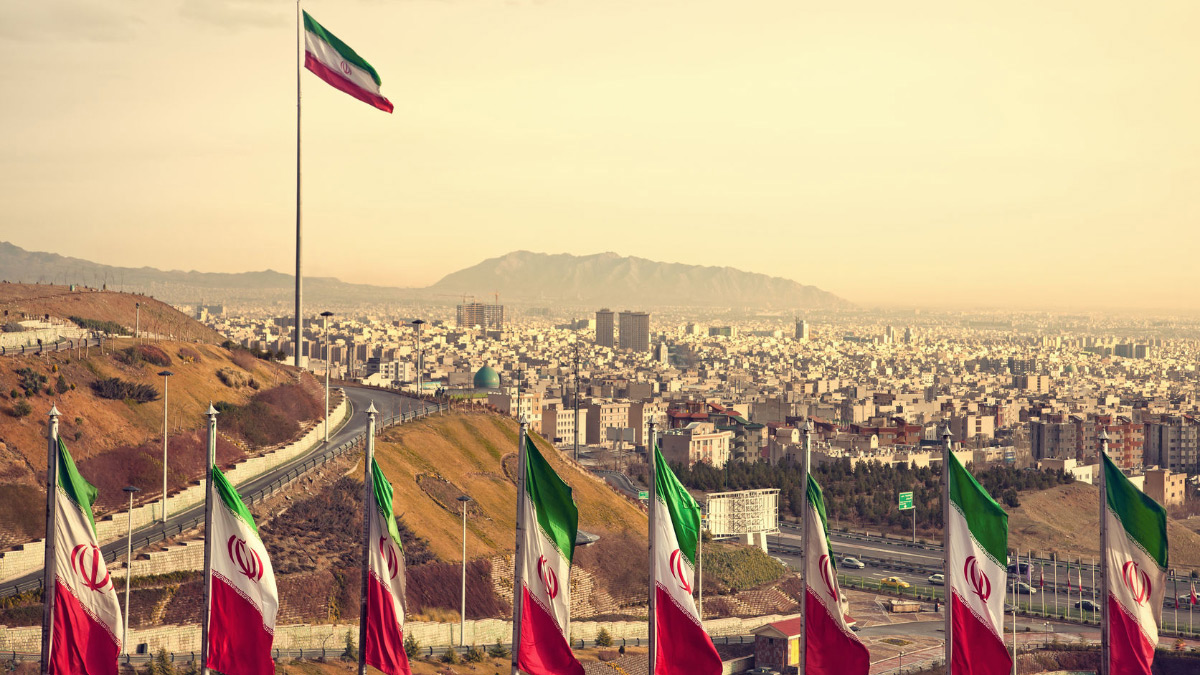U.S. President Donald Trump’s method of operation is to aggressively create a crisis and then “solve” it on the surface for the cameras and therefore his domestic political base.
Trump recently pulled this stunt by imposing tariffs on the European Union and then triumphantly negotiating a papering over of differences with Jean-Claude Juncker, president of the European Commission. He appears to be doing the same on trade with Mexico, Canada, and China. Similarly, he blustered against North Korea, threatening a cataclysmic war with that nuclear-armed nation, but then basked in the pageantry of a summit with North Korean leader Kim Jong Un, reaching a vague agreement on denuclearization and then disingenuously declaring that North Korea is “no longer a nuclear threat.”
Now Trump is at it with Iran. He reneged on U.S. participation in the multilateral deal on Iran’s nuclear program—a deal that at least delayed Iran from getting a nuclear weapon, while Tehran won relief from multilateral economic sanctions. Washington withdrew from the deal and resumed U.S. sanctions, with more to come in November of this year. The United States has banned any economic transactions with Iran involving U.S. bank notes, gold, precious metals, coal, steel, aluminum, and passenger aircraft. The sanctions also terminate U.S. imports of Iranian foods and carpets—prestige items for the Iranians.
The United States has not only reimposed sanctions on its commerce with Iran, but it is attempting to coerce the companies from other signatory nations to submit to the U.S. embargo. In other words, European, Russian, and Chinese companies would have to choose between the smaller Iranian market or the larger American market.
Understandably, every other signatory to the agreement has opposed Trump’s actions, because they fear that when Iran is cut off from sanctions relief, it will have little incentive not to rapidly resume its nuclear program, which it believes is needed to deter attacks from hostile Arab neighbors and a nuclear-armed Israel. Under the agreement, Iran is prohibited until 2030 from enriching enough nuclear fuel to build a bomb.
Trump feels that by making threats of war against Iran and welshing on the existing agreement, he can get a better deal than his predecessor, Barack Obama, who could never seem to get anything right. Even though international inspectors concluded that the Iranians were complying with the agreement, Trump wanted more. He made the outrageous claim that Iran was not complying with the “spirit” of the pact by continuing its development of missiles and supporting autocratic governments and anti-Israeli groups in the Middle East. However, one cannot violate the spirit of an agreement by doing things that were never included in the pact to begin with.
Instead of backing out of the agreement, if Trump believed it was inadequate, he could have used his negotiating prowess to make the agreement permanent or add Iran’s other objectionable behaviors to it. In other words, establish trust with the Iranians by honoring the U.S. commitment, then build on the agreement rather than torch it. But bluster and threats prior to negotiation is Trump’s style. And Trump, who revels in the pageantry of summits, has already offered to meet with an Iranian leader in another mano-a-mano high-stakes negotiation like the one conducted with the North Korean leader.
But the Iranians are not the North Koreans. They seem to have no need for a photo op with the leader of the “Great Satan.” In addition, no matter what coercion the Trump administration uses on the other treaty signatories, unilateral sanctions are never as economically effective as multilateral ones. Even under normal circumstances multilateral sanctions are always rife with evasion, despite countries pledging to live up to their commitments. In this case, the other signatories don’t even need to pretend that they are committed to U.S. sanctions. In fact, the Europeans have already updated their blocking law to penalize their own companies for abiding by U.S. sanctions on Iran. Thus, European, Chinese, and Russian governments may not only look the other way on cheating on American financial and other sanctions, but actively encourage it. More important, even biting multilateral sanctions haven’t been all that great at achieving ambitious political goals—for example, the most comprehensive, universal sanctions in history did not compel Saddam Hussein to withdraw from his invasion of Kuwait in the early 1990s. Unilateral sanctions are even less likely to achieve the ambitious goals Trump fantasizes about unlocking against Iran.

















